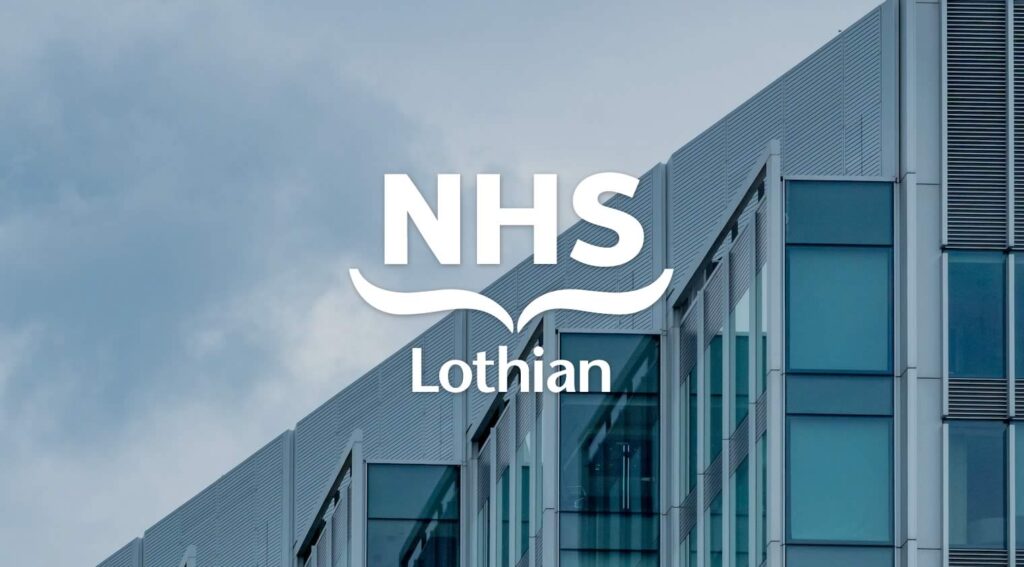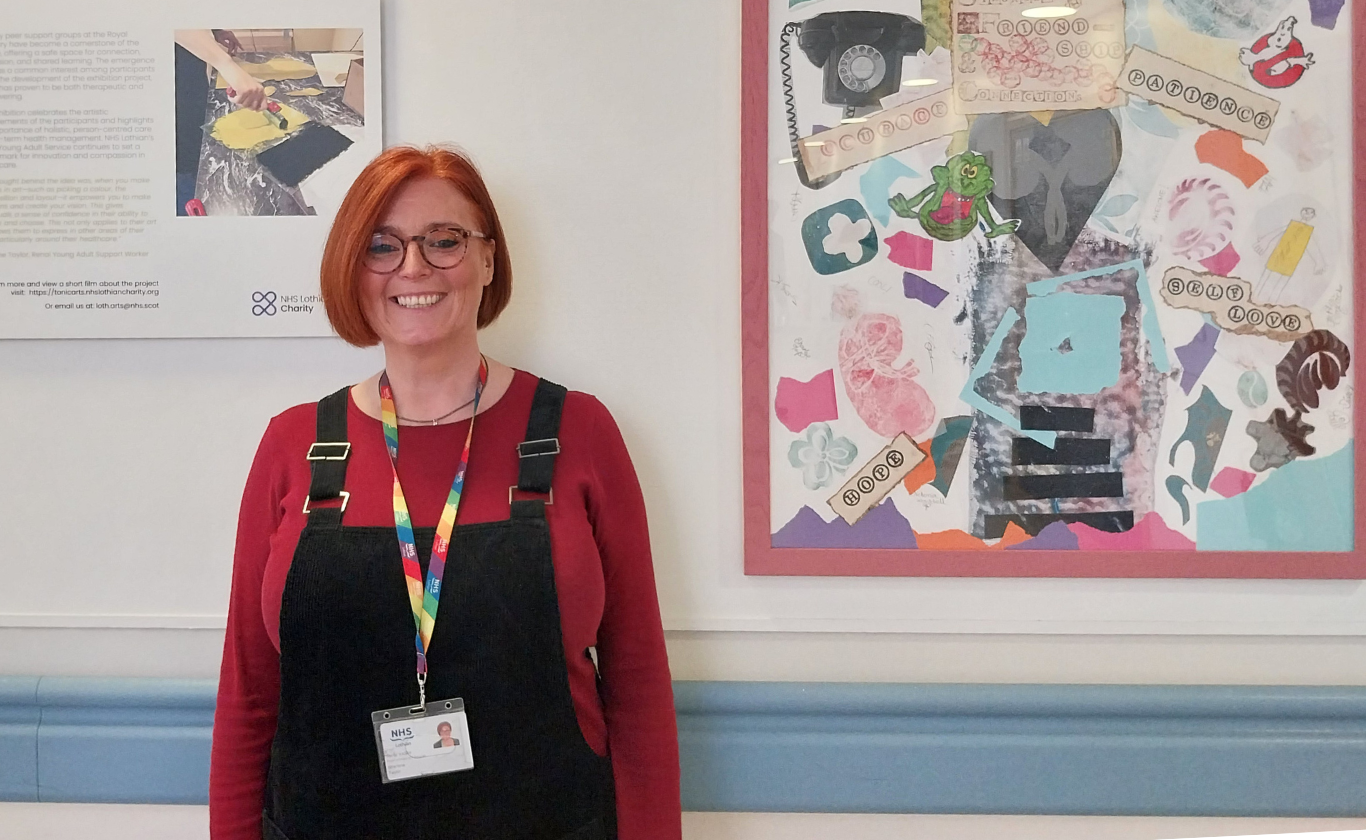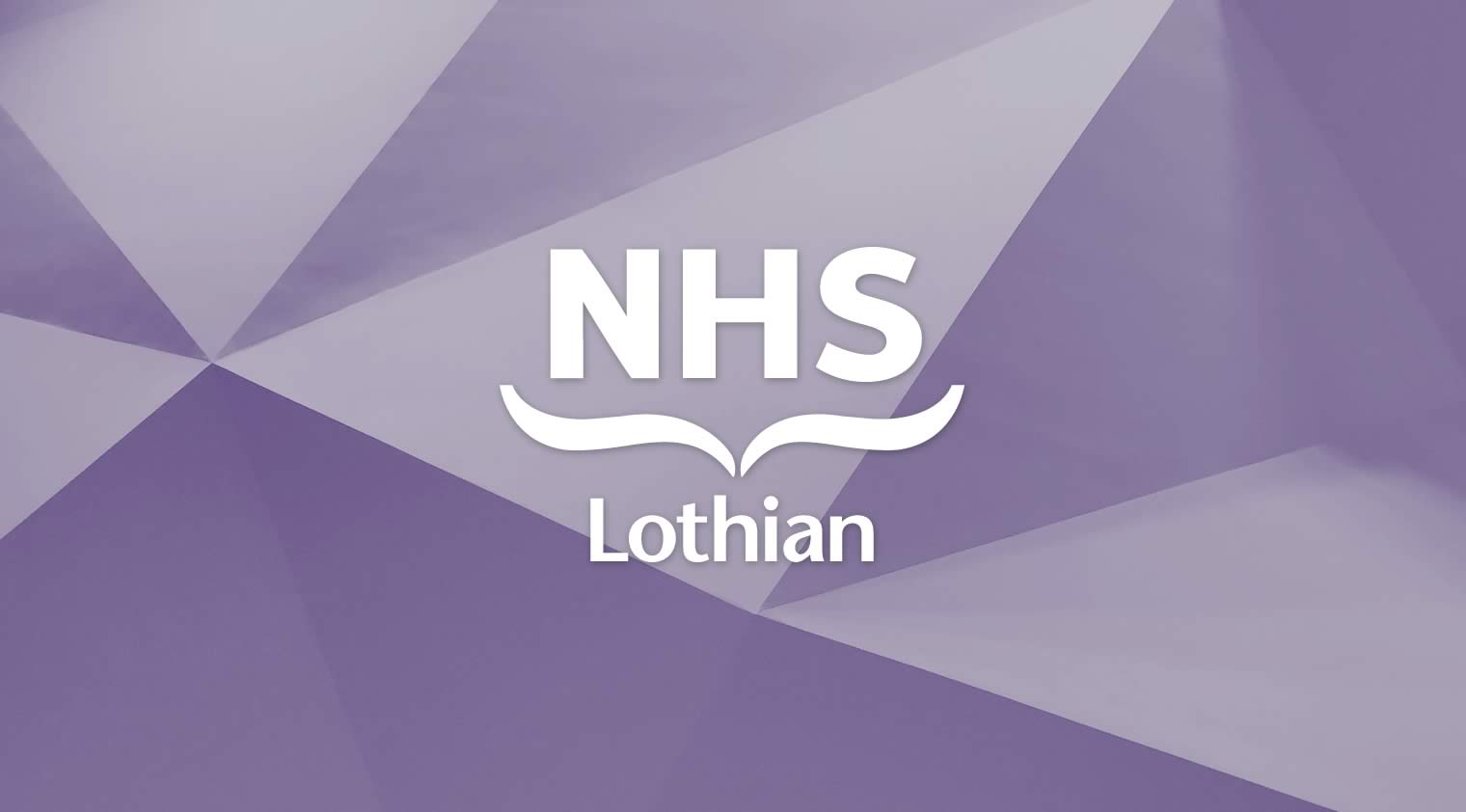NHS Lothian yesterday (thurs) said it would make amends for its historical links with slavery, following publication of new research.
Although the health board cannot provide any traditional financial reparation, it has agreed to raise awareness, provide education and forge new relationships as part of a bid to begin acknowledging its legacy and making amends for the past.
Board members have agreed to implement a series of recommendations provided by an independent advisory group following a two-year research project.
The research, which was funded and conducted by the NHS Lothian Charity following engagement with staff and local public, began investigating historical links, particularly with the Royal Infirmary of Edinburgh.
Initial research found that an estimated modern-day equivalent of £39.1m in funding provided to the RIE came from its ownership of an estate in Jamaica and the enslaved people of African descent attached to it, and from donations from people with connections to slavery.
Calum Campbell, Chief Executive of NHS Lothian, said: “This important work was carried out to help give us a greater understanding of the history that has shaped our society and institutions.
“Tackling racism helps us reduce health inequalities and improve outcomes for our diverse population and ensures a better experience for everyone who works with and for us. This work is vital to delivering this ambition.
“We have a duty to use this understanding to take action that will create meaningful change.
“We will now begin work to plan how we will implement the recommendations to ensure they have an impact.
“The timing of this research is particularly important as we, in NHS Lothian, recognise Black History Month to share, celebrate and understand the impact of black heritage and culture. It is an opportunity for Black and Minority Ethnic staff and their allies to share their experiences and to collaboratively bring change to the organisation.
“It also provides us with a further opportunity to reflect on the past, as well as look forward and opens up conversations about how we tackle racism, rising health inequalities and modern slavery.”
The research, which began in 2021, was presented to board members of NHS Lothian at a meeting on October 4, alongside a series of eight recommendations.
It found that in 1750, 39 enslaved people of African descent on Red Hill pen, a small estate in St-Thomas-in-the-East in Jamaica, came into the ownership of the Royal Infirmary of Edinburgh through the will of a Scottish surgeon in Jamaica, Dr Archibald Kerr.
The Royal Infirmary of Edinburgh owned Red Hill pen for 143 years. For almost 90 of those years, the exploited labour of the people who worked on Red Hill pen – generations of enslaved people – provided considerable wealth for the Infirmary.
The hospital relied on this money to enable it to buy medicines, construct a new building, employ staff, and heal Edinburgh’s ‘sick poor,’ and did so for longer than the NHS has currently existed.
The recommendations accepted by the board said NHS Lothian should publish an apology and create an Implementation Group to deliver anti-racist interventions to tackle current racial inequalities in employment and health.
It is also proposed that commemorative works should be commissioned, via the NHS Lothian Charity, a review of its current arts and culture activity be carried out and work to share the findings of the research.
The recommendations urged NHS Lothian to explore partnerships with organisations in Jamaica and West Africa and undertake further research into the health board’s connections with slavery.
Finally, NHS Lothian should also encourage research partnerships on the impact of slavery on British medicine and healthcare systems.
Work is now underway to develop the recommendations into a work programme.























